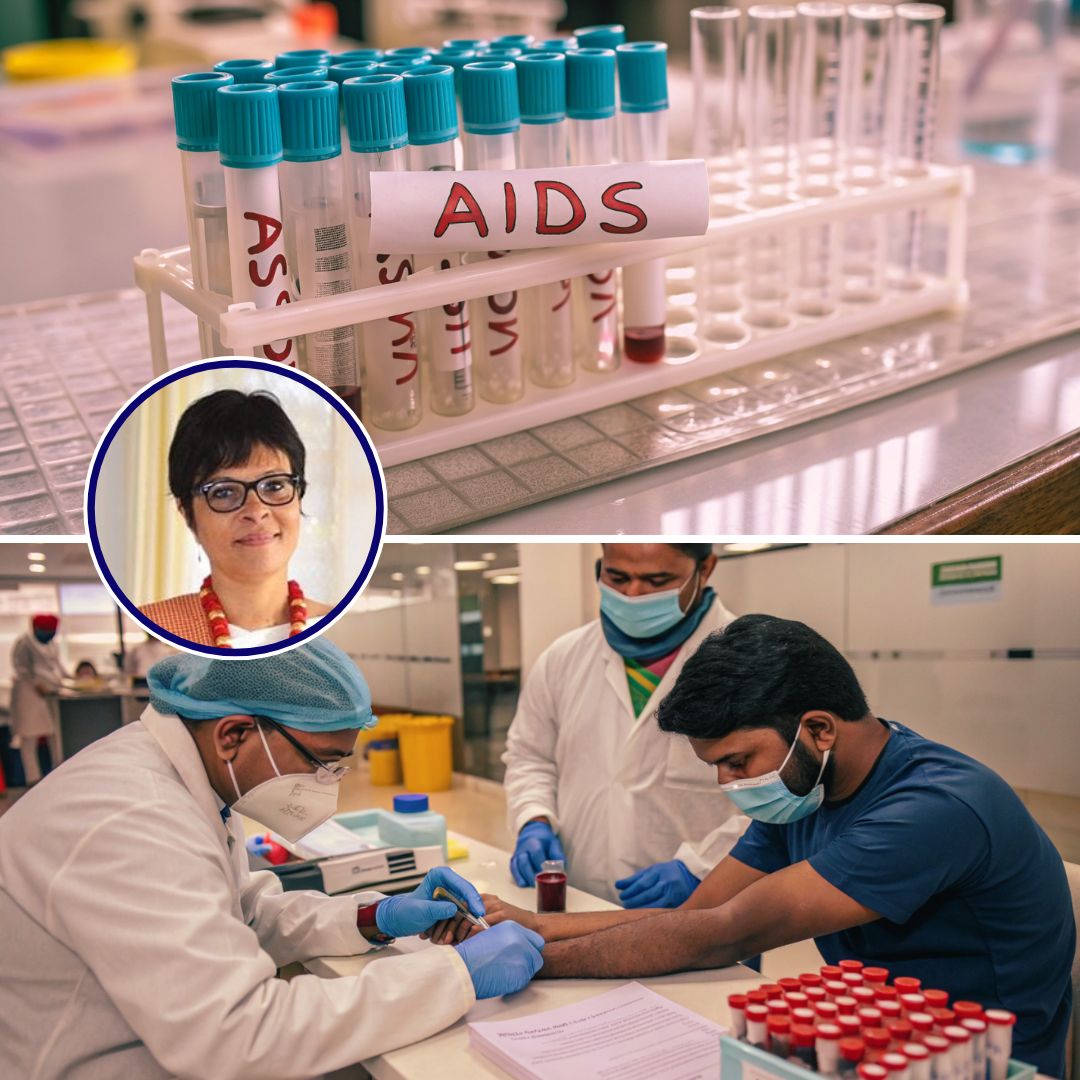Meghalaya’s Health and Family Welfare Minister Dr. Mazel Ampareen Lyngdoh announced on July 25, 2025, that the state is seriously considering a new law to make HIV/AIDS testing mandatory for all couples before marriage. This follows a disturbing surge in HIV/AIDS cases, particularly in East Khasi Hills and Jaintia Hills, where thousands have tested positive but many are not receiving treatment.
The government is preparing a cabinet note and consulting legal experts to frame the legislation. Deputy Chief Minister Prestone Tynsong and senior officials are actively involved in shaping a mission-mode policy targeting local needs, including area-specific consultations planned for various districts.
Surge in HIV/AIDS Cases Sparks Urgent Action
Meghalaya ranks sixth nationally in HIV prevalence, witnessing around 982 new HIV cases annually, with a total of over 10,000 individuals having tested positive since data collection began in 2008. According to The Hindu, “The East Khasi Hills alone accounts for 3,432 confirmed positive cases, but only 1,581 patients are currently undergoing treatment.” Alarmingly, about 681 patients have dropped out of follow-up care, contributing to a treatment gap that led to 396 recorded deaths linked to HIV/AIDS so far. The region of Jantia Hills recorded the highest number of HIV positive cases.
The primary mode of transmission remains sexual contact, though injecting drug use is emerging as a growing factor. Health Minister Lyngdoh stressed that HIV/AIDS is no longer taboo but a public health crisis requiring head-on action.
The government has launched an Integrated Health Campaign to strengthen awareness, screening, treatment, and community support, coordinating with the Social Welfare Department and the DREAMS Mission to tackle related challenges such as drug abuse and commercial sex work without moral judgment.
Area-Focused Strategies and Legislative Context
Since the Meghalaya AIDS Control Society (MACS) was established in 2006, the focus has been largely on awareness and voluntary testing. However, with the rising numbers and treatment refusals, the state is shifting towards mandatory pre-marital HIV testing—drawing inspiration from the state of Goa. The government plans to implement the law after consulting legal experts and relevant departments, emphasising a balanced approach that upholds privacy, dignity, and non-discrimination.
Meetings have been held in East Khasi Hills, with similar consultations scheduled for West Garo Hills and Jaintia Hills to tailor interventions to regional circumstances. The Health Minister highlighted the importance of early detection and continuous treatment, comparing HIV/AIDS management to chronic diseases like tuberculosis or cancer, underscoring that proper treatment can make living with HIV manageable.
Expert Advice: Balancing Public Health and Personal Rights
Experts advocate for mandatory pre-marital HIV testing as a strong preventive measure to reduce transmission and ensure early care, but caution that it must be coupled with comprehensive counselling, confidentiality safeguards, and stigma reduction efforts.
Doctors have noted that increased testing reflects better awareness but stresses that support systems must be strengthened so that more people continue treatment. Experts emphasize community-based outreach to tackle the epidemic effectively and address social determinants such as stigma, discrimination, and fear of disclosure.
They advise policymakers to ensure that mandatory testing laws do not infringe on personal dignity or create barriers to marriage and social acceptance but instead empower individuals with knowledge and support to live positively and healthily.
The Logical Indian’s Perspective
Meghalaya’s efforts to introduce mandatory pre-marital HIV testing reflect a necessary, empathetic response to a growing public health emergency. Early diagnosis and consistent treatment can reduce transmission and help destigmatise HIV/AIDS, fostering a more inclusive and healthier society.
However, the state must carefully balance rigorous public health measures with respect for individual privacy, autonomy, and freedom from discrimination. Policies must prioritise voluntary counselling, confidentiality, and community support to avoid unintended social harm.











